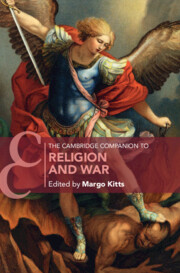This article explores the longstanding relationship between Buddhism and disasters in Japan, focusing on Buddhism's role in the aftermath of the Asia-Pacific War and the Tohoku disaster of March 2011. Buddhism is well positioned to address these disasters because of its emphasis on the centrality of suffering derived from the impermanent nature of existence. Further, parallels between certain Buddhist doctrines and their current, disaster-related cultural expressions in Japan are examined. It is also suggested that Japanese Buddhism revisit certain socially regressive doctrinal interpretations.
